The Nexus of Privacy
The Nexus Of Privacy looks at the connections between technology, policy, strategy, and justice. We’re also on the fediverse at @thenexusofprivacy@infosec.pub
- 76 Posts
- 62 Comments

 182·1 year ago
182·1 year agoThe FBI routinely uses its authority under FISA Section 702 to get information on Americans without a warrant, ignoring the processes that are supposed to be put in place to protect people. This has nothing to do with the FISA Title III authority that was used to get information about Carter Page, no matter what you and Trump think. If you warrantless surveillance of Americans is good, then by all means you should indeed be cheering this vote – because they extended the scope of what information they can get at without a warrant.
If on the other hand you think civil liberties are worth protecting, then you might take a moment to stop to think that there was bipartisan support, including progressive Democrats, for introducing reforms like a warrant requirement while still keeping the ability to surveil foreign agents in place. But opinions differ, there are plenty of people in both parties who don’t think civil liberties are worth protecting, so if you’re one of them you’ve got a lot of company.

 2·1 year ago
2·1 year agoPerhaps so, but as Howie Klein says on Down With Tyranny FISA Was Always Bad Legislation… It’s Still Bad Even If Trump And MAGA Suddenly Oppose It Too

 1·1 year ago
1·1 year agoYeah, all the scare tactics about how “oh noes national security is at risk if FISA isn’t extended!!!” are garbage; if Section 702 lapses, existing certifications are already approved for the next year, and the government has other authorities it can do the same kind of surveillance with. And the surveillance he’s complaining about wasn’t even under this section of FISA – it’s the Title III stuff which doesn’t need to be reauthorized!
As Howie Klein says on Down With Tyranny FISA Was Always Bad Legislation… It’s Still Bad Even If Trump And MAGA Suddenly Oppose It Too

 1·1 year ago
1·1 year agoThey did – FISA shouldn’t be extended without reforms. All the scare tactics about how “oh noes national security is at risk if FISA isn’t extended!!!” are garbage; if Section 702 lapses, existing certifications are already approved for the next year, and the government has other authorities it can do the same kind of surveillance with.
As Howie Klein says on Down With Tyranny FISA Was Always Bad Legislation… It’s Still Bad Even If Trump And MAGA Suddenly Oppose It Too

 26·1 year ago
26·1 year agoBack in December, they tried to get an even WORSE FISA extension bill through as part of the NDAA – without even a vote on it – and the pushback was strong enough that they abandoned the plan. In 2020 grassroots activism kept them from rauthorizing Section 215 of the PATRIOT Act . In 2015 grassroots activism kept them from doing a straight reauthorization of the PATRIOT Act. So there really is a track record of it being effective on this issue.
The key dynamic here is that both parties are split on the issue – progressive Dems along with Libertarian and MAGA Republicans all favor reform. So even representatives in a district that one party always wins have to consider the politics: Republicans wanting to keep their MAGA cred against MAGA challengers, Democrats facing progressive challengers (or progressive Dems who need strong support from their base against centrist challengers). Plus there are a handful of centrist Dems in purple districts who might vote the right way if it can pick up some Republican votes.

 1·1 year ago
1·1 year agoTechnically yes but judges get annoyed if there’s absolutely no case, so they rarely do – and if they threaten when there’s no case, larger companies will look at it and say the threat’s not real.

 2·1 year ago
2·1 year agoThe law’s defintion of harm is extremely broad. Charlie Jane Anders has a good discussion of this in The Internet Is About to Get a Lot Worse:
“This clause is so vaguely defined that attorneys general can absolutely claim that queer content violates it — and they don’t even need to win these lawsuits in order to prevail. They might not even need to file a lawsuit, in fact. The mere threat of an expensive, grueling legal battle will be enough to make almost every Internet platform begin to scrub anything related to queer people.”

 2·1 year ago
2·1 year agoIn practice, when the AG threatens to sue and the law makes it clear that they’ll win (which KOSA currently does), companies will typically stop what they’re doing (or settle if the AG actually launches a suit)

 12·1 year ago
12·1 year agoThat’d be great. And there’s precedent, too: back in 2005 Microsoft dropped support for a Washington state gay rights bill but employee pressure led them to reverse their stance. But all the tech layoffs tend to have a chilling effect on employee advocacy, so we shall see.

 10·1 year ago
10·1 year agoYep. There’s money to be made here!

 10·1 year ago
10·1 year agoGreat point. Mike Masnick has said that he wouldn’t be surprised if Meta also comes out in support, for similar reasons.

 201·1 year ago
201·1 year agoTotally agreed that it opens things up to censorship in general and doesn’t actually make kids safer. Charlie Jane Anders’ The Internet Is About to Get A Lot Worse sets it in the context of book banning. The LGBTQ part is in the headlines because one big focus of the advocacy against it is highlighting that Democrats who claim to be pro-LGBTQ should not be backing this bill. This has been effective enough that Senators Cantwell and Markey both mentioned it in the committee markup, although it’s certainly far from the only problem with the bill.
Sec. 11 (b): Enforcement By State Attorneys General covers this. It’s hard to find – the bill text starts out with all the text removed from the previous amendment, and if you click on the “enforcement” link in the new table of context it takes you to the old struck-out text. It’s almost like they want to make it as hard as possible for people to figure out what’s going on!

 151·1 year ago
151·1 year agoThey get to position themselves as looking out for the children.

 211·1 year ago
211·1 year agoYes, exactly. For Senators who support LGBTQ+ rights and reproductice rights (or at least say that they do), focusing on the threat anti-trans AGs can be very effective; In Washington state, we put enough pressure on Cantwell last fall about the LGBTQ+ issues that she mentioned it in the hearing (as did Markey). 5calls and EFF’s scripts and emails are written to appeal to legislators from both parties (so just talk about the harms to kids and threats from state AGs in general terms), which makes sense for a one-size-fits-all form, but customizing it to your Senators’ priorities can make a lot of sense.

 2·1 year ago
2·1 year agoThat’s great! And a lot of trans people I’ve talked with on Mastodon say similar things, which is also great. But a lot don’t. It depends a lot on the instance you wind up choosing. So the people who stay wind up as a self-selecting sample.

 3·1 year ago
3·1 year agoThanks, glad you liked it. Agreed that blocklists (while currently necessary) have big problems, it would really be great if we had other good tools and they were much more of a last resort … I’ll talk more about that in a later installment.

 1·1 year ago
1·1 year agoTotal bullshit response. Yes, there are a lot of LGBT people on the fediverse. There’s also a lot of homophobia and transphobia on the fediverse. And the instances run by nazis and terfs very much care if you’re trans and will harass you just as much on the fediverse as anywhere else.

 3·1 year ago
3·1 year agoIt’s tricky … many people do use “queer” as an umbrella term, but a lot of trans people don’t like being lumped under that, and some lesbian, gay, bi, and agender people don’t consider themselves queer. There aren’t great answers.

 3·1 year ago
3·1 year agoAt some level you’re not missing anything: there are obvious solutions, and they’re largely ignored. Blocking is effective, and it’s a key part of why some instances actually do provide good experiences; and an allow-list approach works well. But, those aren’t the default; so new instances don’t start out blocking anybody. And, most instances only block the worst-of-the-worst; there’s a lot of stuff that comes from large open-registration instances like .social and .world that relatively few instances block or even limit.







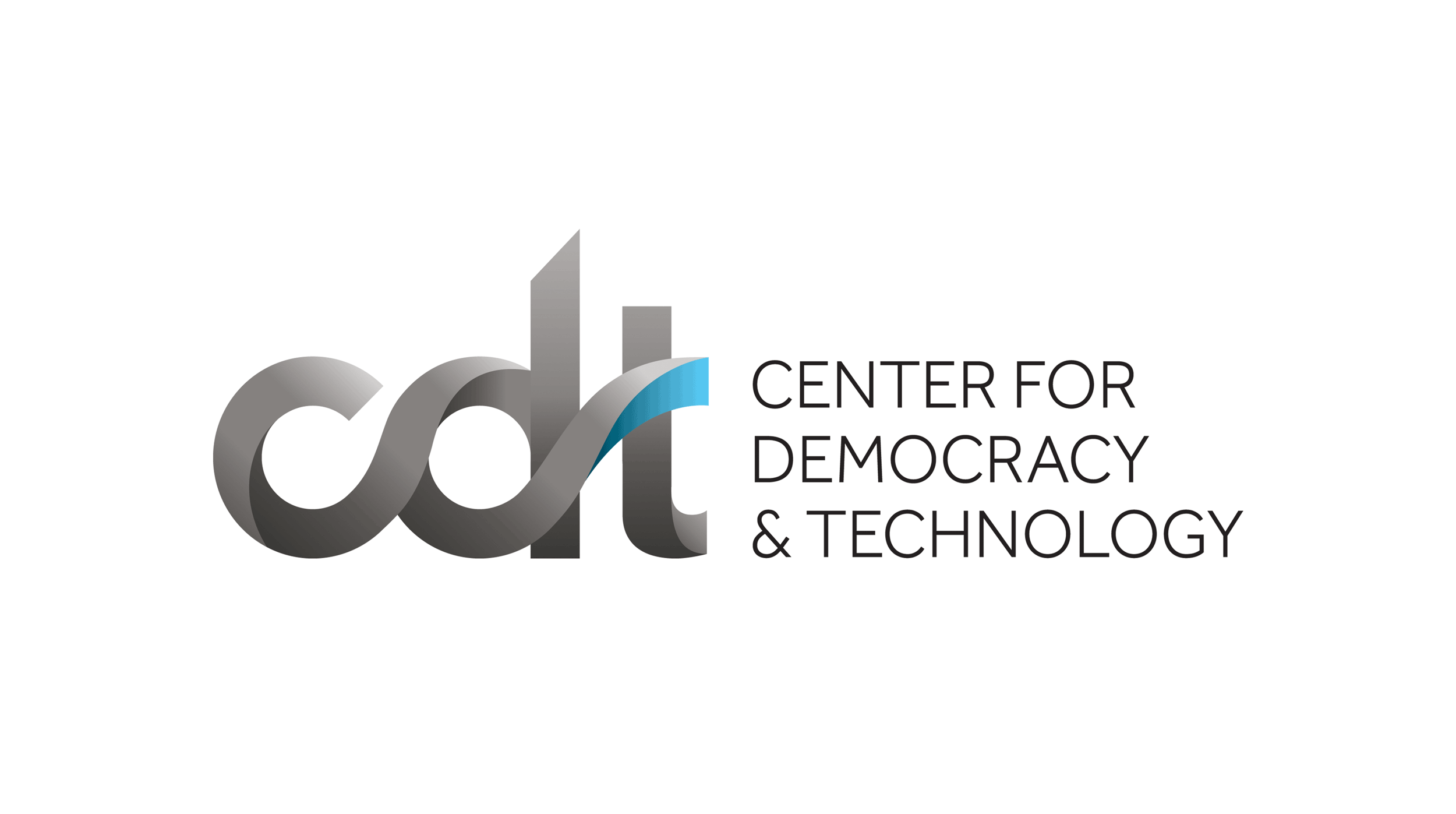
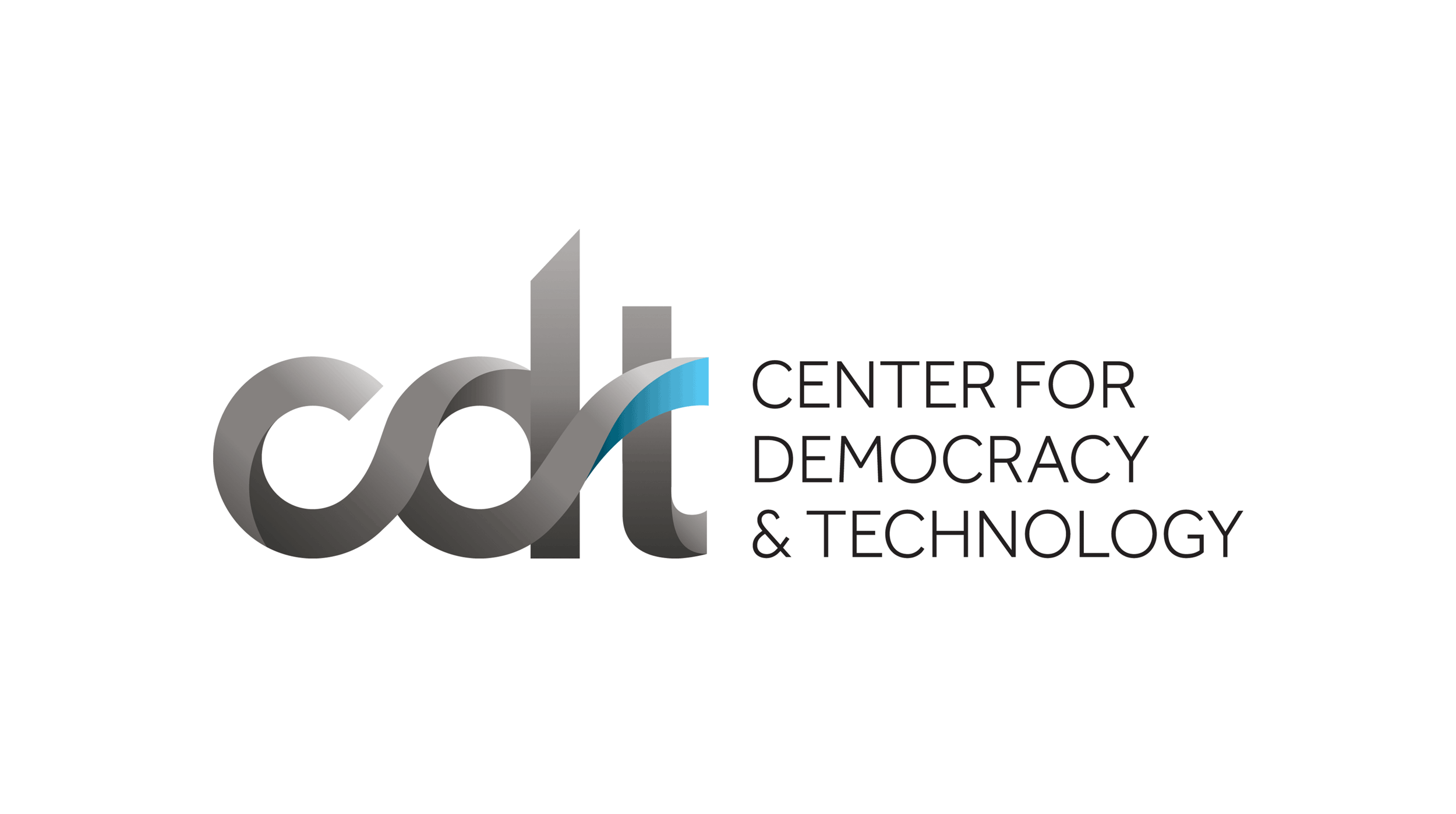
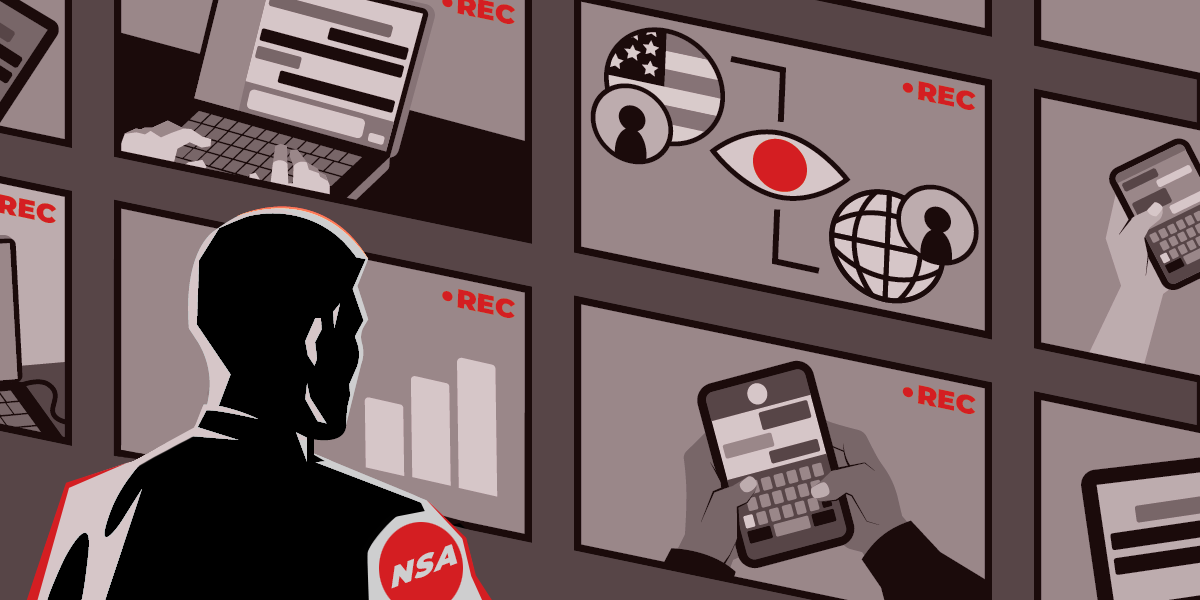
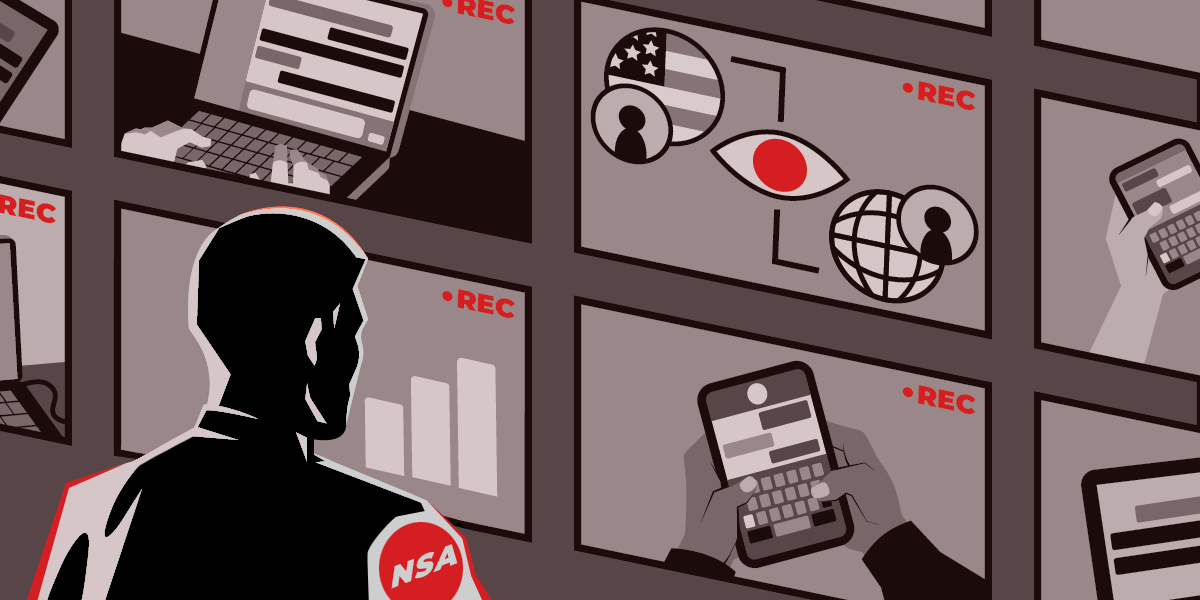


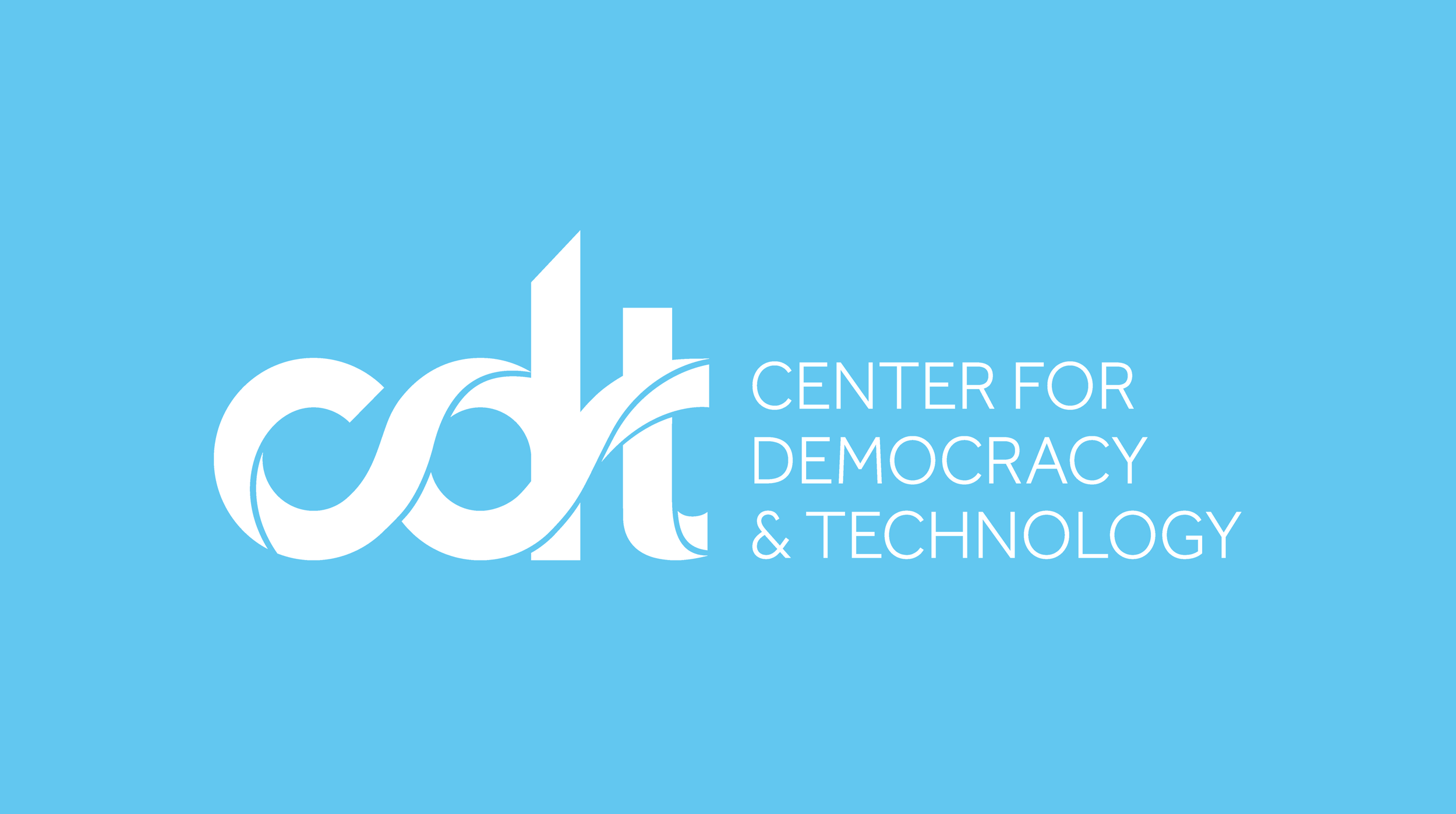

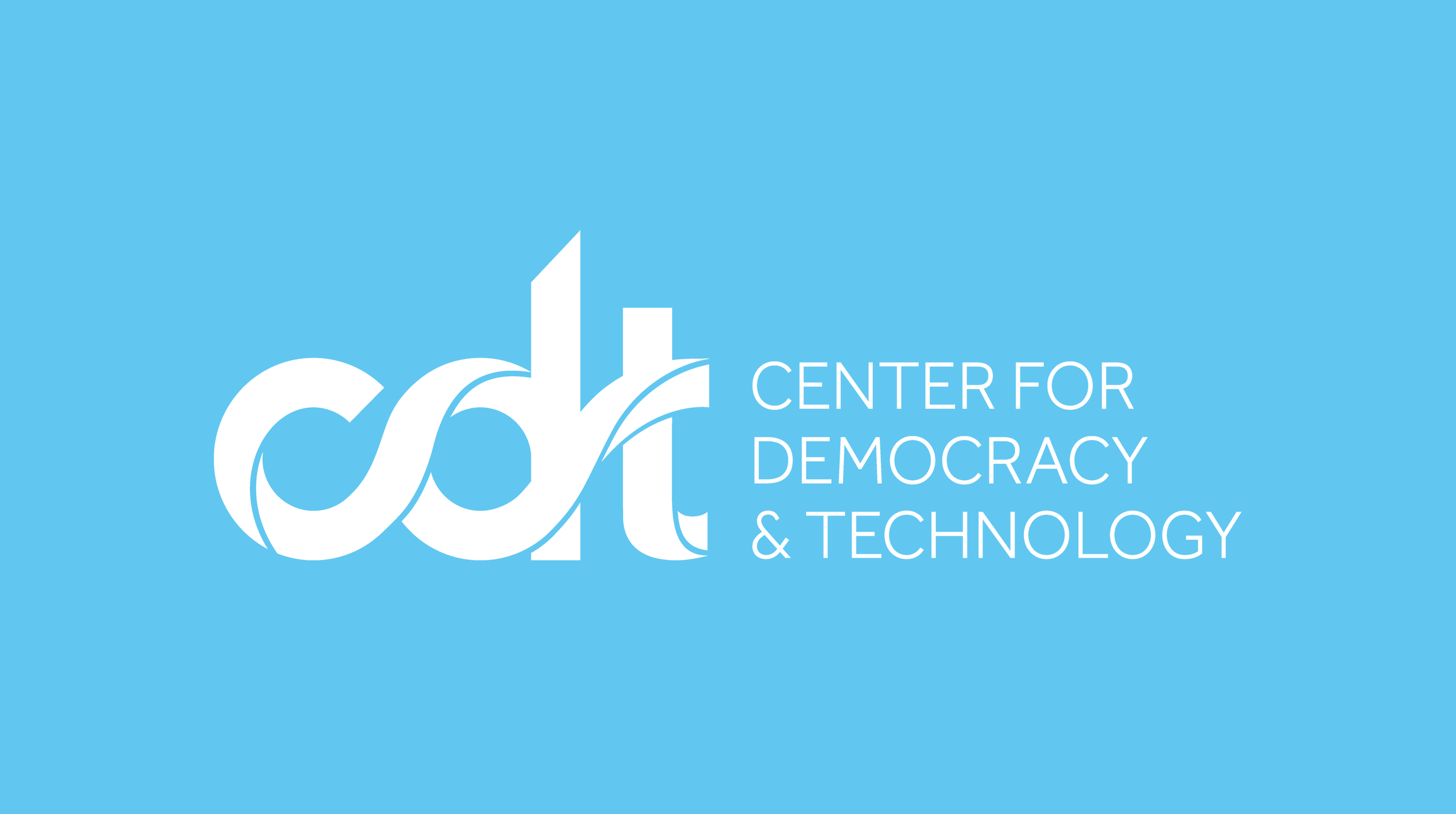

From the article: